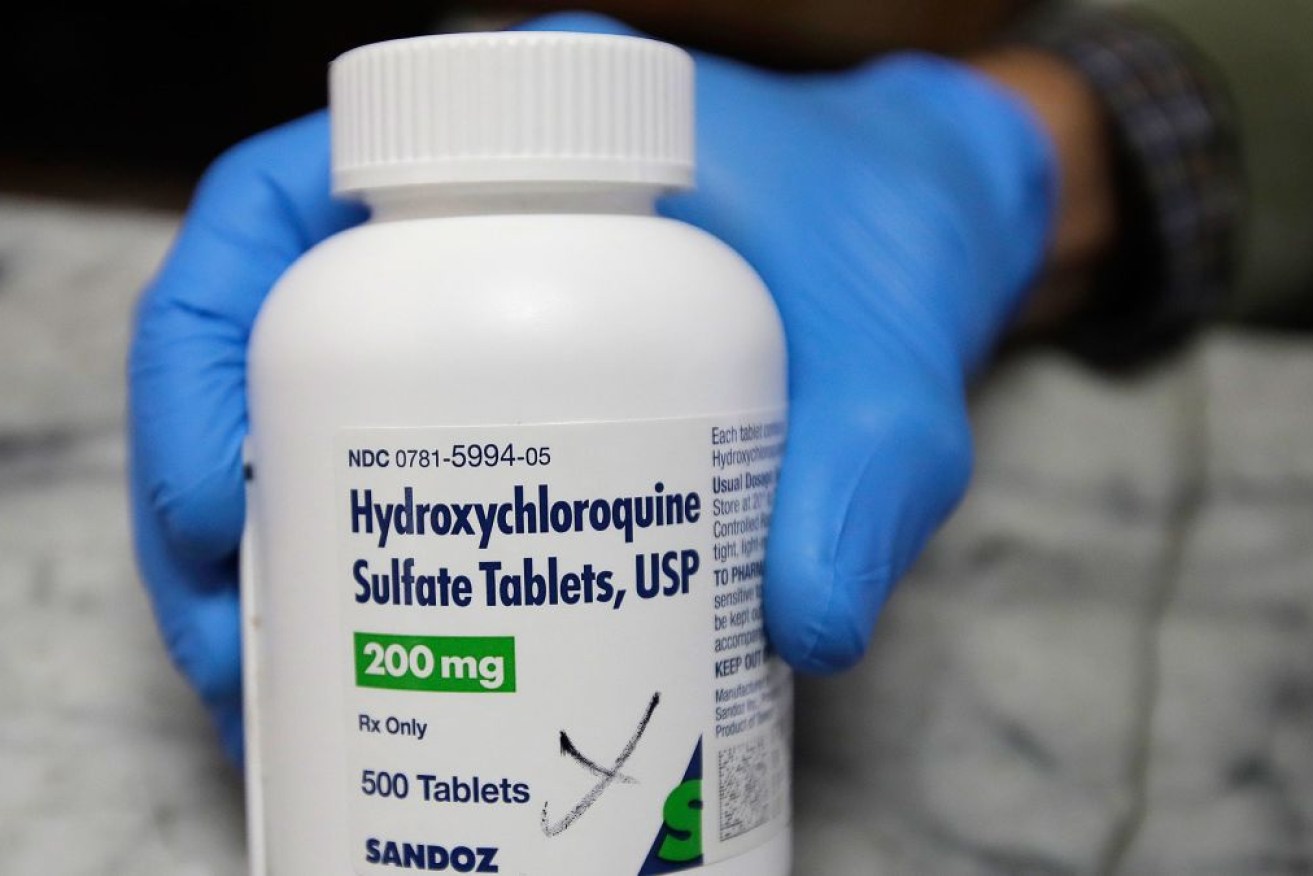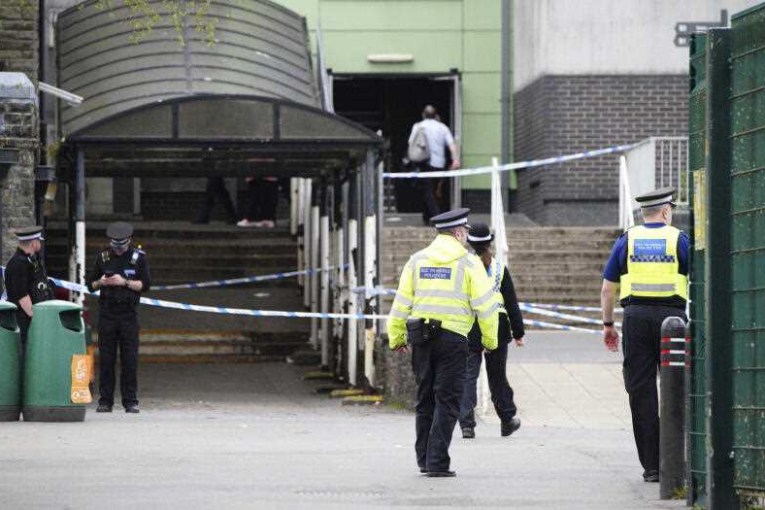WHO restarts COVID-19 trial of controversial anti-malaria drug hydroxychloroquine


The WHO's Hydroxychloroquine trial is back on. Photo: Getty
The World Health Organisation has restarted a controversial trial of an anti-malaria drug on COVID-19 patients, just as new research asserts it doesn’t work.
In May, the WHO’s trial of hydroxychloroquine as a potential treatment for coronavirus was put on ice after a large trial published in the medical journal The Lancet found it increased the rate of death among patients.
But on Friday, three of the authors of the article retracted the study on concerns about the quality of the data as they could “no longer vouch for the veracity of the primary data sources”.
It followed The Lancet on Wednesday issuing an ‘‘expression of concern’’ about the data used in the study.
Conversely, a new study published in the New England Journal of Medicine revealed the drug does not help prevent coronavirus infections for people recently exposed to the virus.
Dr Ian Musgrave from the faculty of medicine at the University of Adelaide pointed to the study to highlight the mixed results hydroxychloroquine seems to have in preventing COVID-19.
“The news of the WHO restarting clinical trials ironically come as another study was published in the New England Journal of Medicine which showed no effect of hydroxychloroquine as pre-exposure prophylaxis for COVID-19,” he said.
Although he supported the WHO restarting the trial, he said there was not enough evidence to know if the drug was safe, and as such, trials should proceed with caution.
Tweet from @TheLancet
“Even if we completely discount the Lancet studies, there is still significant evidence of lack of efficacy and potential harm that restarting clinical trials should be done carefully. And clinical trials are still needed,” he said.
“The rapid pace of the COVID outbreak means that the early data we collect may be misleading or incomplete.
“While hydroxychloroquine has been given undue attention (and its potential harms minimised) there may still be some benefit to its judicious use.”
The drug is one of four medicines under review as a potential treatment in the Solidarity trial that involves 3500 patients in 60 countries.
Hydroxychloroquine is closely related to the commonly used drug chloroquine and used to treat malaria, rheumatoid arthritis, lupus and other autoimmune diseases.
Its efficacy is still unproven and more studies are needed to find out if it can be sued to treat COVID-19, said Dr Gaetan Burgio from John Curtin School of Medical Research, at the Australian National University.
“As the WHO has now determined that the hydroxychloroquine clinical trial is safe, it has logically resumed and this is very good news,” Dr Burgio said.
“It would have not been ethical to stop in the middle of the trial as many patients have already been enrolled.”







